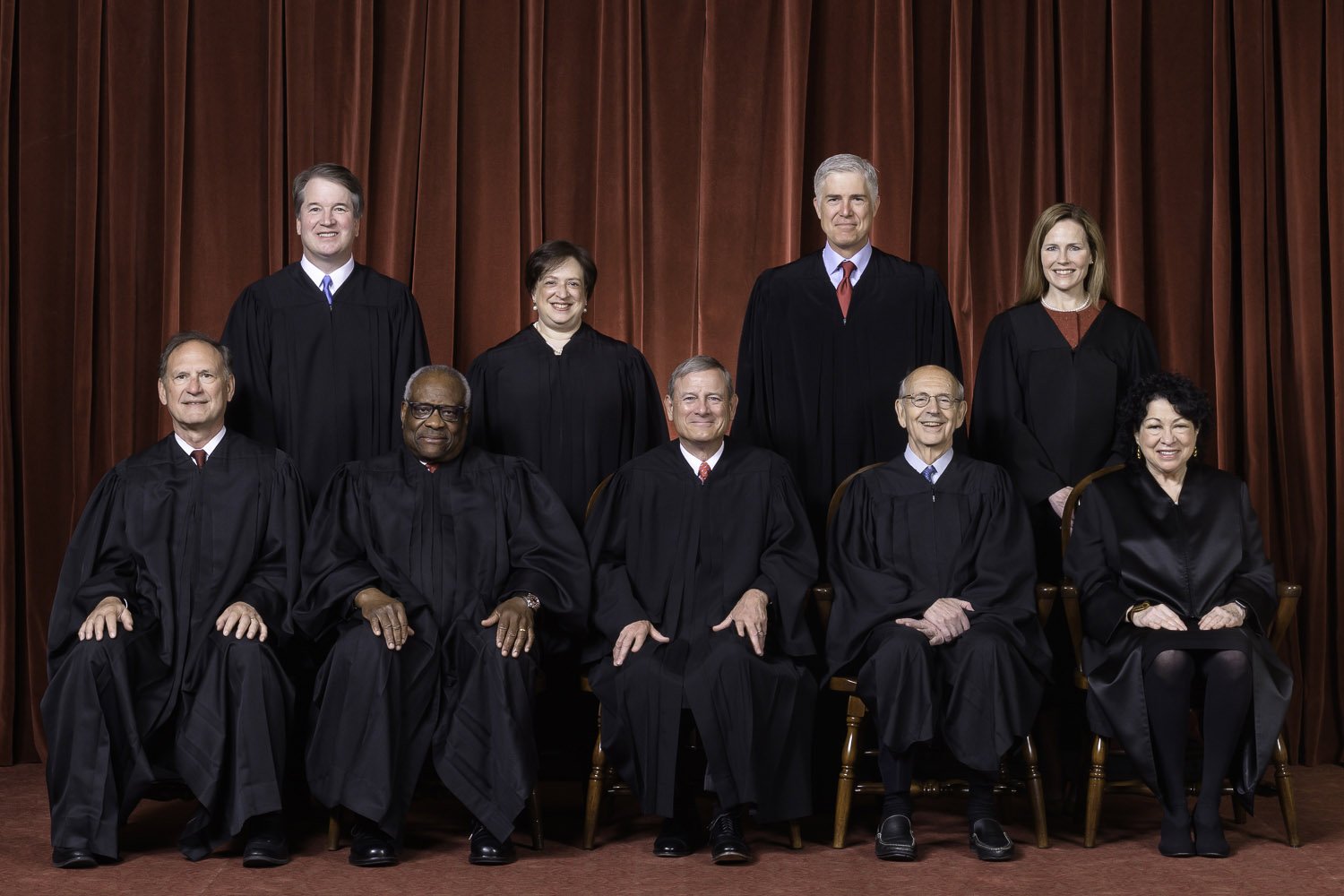On June 23, 2022, the United States Supreme Court determined in Vega v. Tekoh that Miranda warnings—notification by police to persons in custody of their rights under the Fifth Amendment to protection from self-incrimination and to an attorney—are not a constitutional right. Rather, the Court said the warnings are required under what amounts to a mere “prophylactic rule” designed to safeguard constitutional rights. The opinion, authored by Justice Samuel Alito, went on to state that though the Miranda warnings rule is, in fact, a federal law with constitutional underpinnings, it is not a federal law for purposes of bringing private civil suits under 42 U.S.C. § 1983.
That’s right, according to Justice Alito’s majority opinion, a federal law is not a federal law, at least not for the purposes of police accountability.
Put simply, Vega holds that a person cannot sue police officers under federal civil rights laws for failing to provide Miranda warnings. But there is a reason protection against self-incrimination is enshrined in our Constitution. And there is a reason Miranda warnings are required as part of that protection. False confessions are real. Intimidation and coercion during interrogations are real. Simply saying the wrong thing and having it misinterpreted is real. Bias is very real. People can be, and are, deprived of their liberty because they do not understand their right to be protected against self-incrimination, or their right to have an attorney present. Some of these people spend years in jail awaiting trial.
Can it really be the case that there is no remedy for a person who shows that an officer failed to provide Miranda warnings, and that officer’s failure to follow federal law caused a deprivation of the person’s constitutional rights, up to and including the loss of their liberty?
Hopefully not. In Mancini v. City of Tacoma, the Washington State Supreme Court held that under a theory of general negligence, “police executing a search warrant owe the same duty of reasonable care that they owe when discharging other duties.” 196 Wash.2d 864, 880 (2021). In the opinion, the Court mentioned that while it was unnecessary for the purposes of that case to analyze whether the plaintiff could recover separately for a claim of “negligent police investigation,” the Court had “never addressed an actual negligent investigation claim” in the context of a police misconduct case. Id. at 878, n.7. The Court explained it had only visited the subject once in the context of child abuse investigations, concluding that there was indeed a duty for state actors to avoid negligence. Id. (citing Babcock v. State, 116 Wash.2d 596 (1991)). Viewing Mancini in light of Vega, it appears that our State Supreme Court left the door open for a negligence claim—or even a negligent investigation claim—when, for example, an officer’s duty to provide a Miranda warning is breached.
Legislation, of course, is another route. Currently, there is no Washington statute that lays out a cause of action specific to negligent police investigation. This is likely because state legislatures often shrink from creating duplicative causes of action. That a private right of action against state actors for constitutional violations stemming from police investigations exists under § 1983 was one justification for not establishing a separate state cause of action. That justification is thin post-Vega.
With the Vega decision, the United States Supreme Court has now repeatedly gutted the ability of citizens to sue police officers under § 1983 for bad acts or negligence during investigations, citing the role of legislative bodies to create causes of action. See, e.g., Egbert v. Boule (rejecting the Petitioners’ § 1983 claims for excessive force and retaliation during an investigation while deferring to Congress to create what the Court believed was “a new cause of action”). Washington’s Supreme Court or Legislature should formally recognize a private right of action for negligent investigation that would encompass Miranda warning violations. Our citizens in Washington State need an avenue to hold police and other law enforcement officers accountable for their investigative acts.
Corinne Sebren is an Associate at Galanda Broadman. Corinne’s civil rights practice focuses on Indigenous rights, wrongful incarceration, and malicious prosecution.










